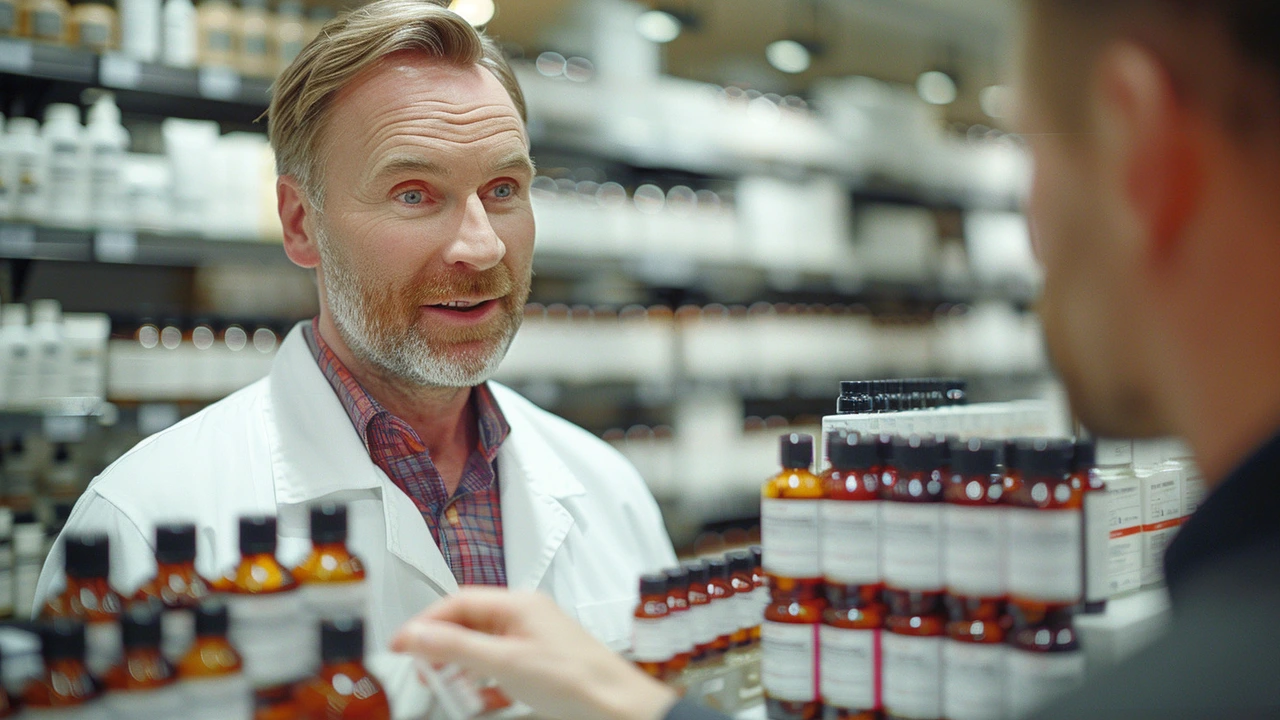Drug Testing: What to Expect, Types, and Practical Tips
Drug tests show whether a substance or its breakdown product is in your body. Employers, doctors, courts, and sports groups use tests for safety and rules. If you face a test, knowing how each one works helps you prepare and respond.
Common types include urine, blood, saliva, hair, and breath tests. Urine tests are the most common at workplaces because they are cheap and detect recent use for days to weeks depending on the drug. Blood tests catch very recent use and are used in medical or legal situations. Hair testing shows longer term patterns, often up to three months, while saliva is useful for immediate detection. Breath tests mostly check alcohol, not other drugs.
Detection windows vary by drug, dose, metabolism, and test sensitivity. For example, cannabis can show up in urine for a few days in occasional users and several weeks in heavy users. Amphetamines and cocaine usually clear faster, though metabolites may be detectable for days. Prescription drugs can trigger positives, so keep a copy of prescriptions and discuss them when needed.
Prepare honestly: bring ID, paperwork, and any prescription details. If you use medications that might affect results, tell the tester beforehand. Ask about chain of custody for legal or employment tests so results are handled properly. If a result is positive, request a confirmatory test like GC-MS and talk to your doctor.
Random workplace testing follows policy, while probation or court testing follows legal rules. Athletes face strict banned substance lists and must manage supplements carefully because contamination can cause unintentional violations.
Negative means no drug detected above the test cutoff; a positive screening needs confirmation. If you rely on medications, work with your prescriber and employer to set reasonable accommodations. Medical review officers can help interpret results and verify legitimate prescriptions.
On this tag page you'll find articles about medication effects, legal buying tips, and treatments that may show up on tests. Browse pieces on specific drugs, safety guides for online pharmacies, and long term impact of medicines. If you have questions about a result, seek medical advice rather than relying on internet rumors.
Knowing test types, being honest about prescriptions, and asking for confirmation if needed will protect your rights and health. Use the tag list below to find detailed posts that match your situation.
Quick FAQs
Detection depends on the drug and the test method. Yes. Always bring prescriptions and be ready to explain. If the initial screening is positive, ask for confirmation before taking any action.
How this site helps
We collect clear guides on medications, buying safely online, and long term drug effects so you can learn what might show up on tests. Check article titles, read the summaries, and follow up with your healthcare provider for personal advice.
If a test is scheduled, don't panic. Gather paperwork, list medications, ask questions about procedures, and request confirmatory testing if needed. Being calm and prepared makes the process faster and protects your health and job. Use the tag to explore posts.
This article explores the relationship between Griseofulvin, an antifungal medication, and drug testing. It sheds light on how Griseofulvin might impact these tests, covering essential information and useful tips. Aimed at providing clear and practical advice, this guide helps you understand the nuances of using Griseofulvin without unwelcome surprises during drug tests.

